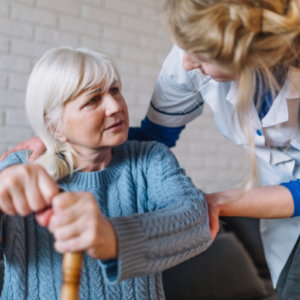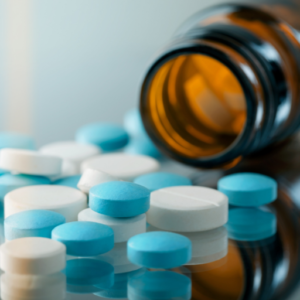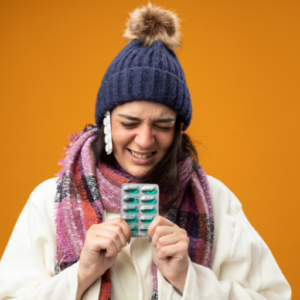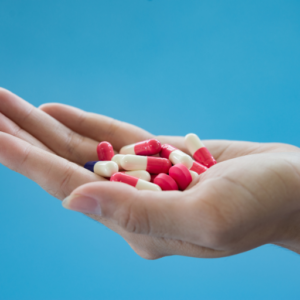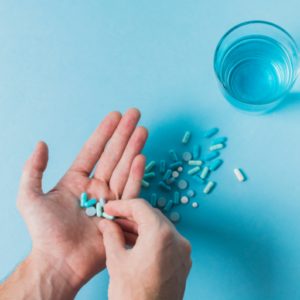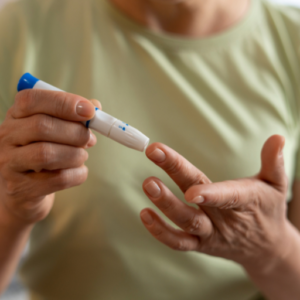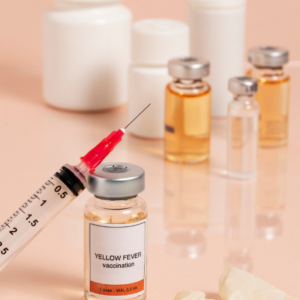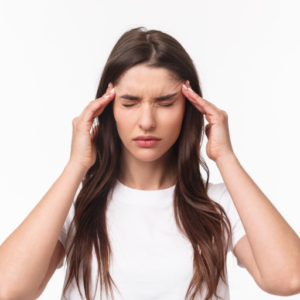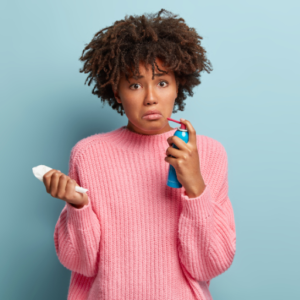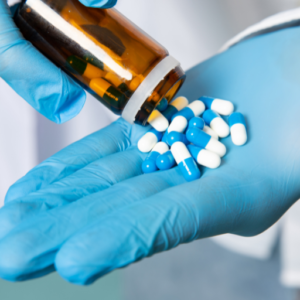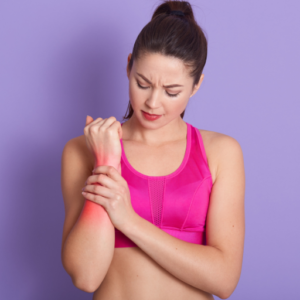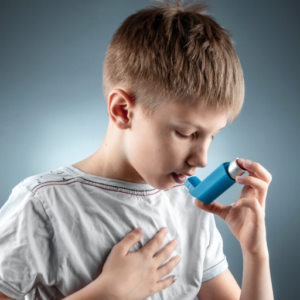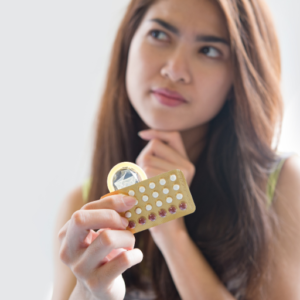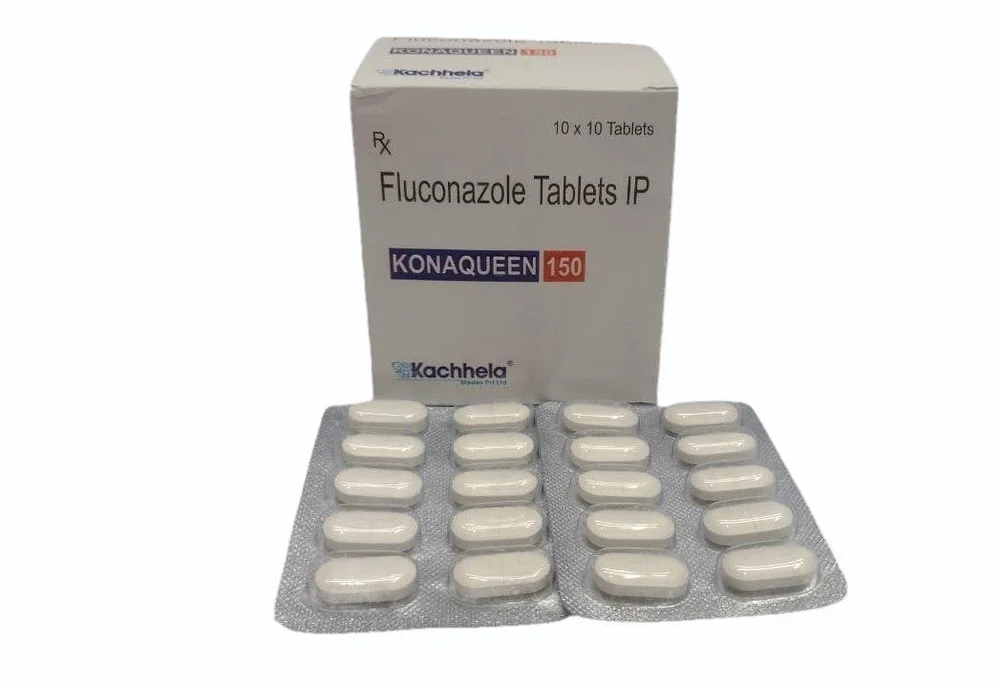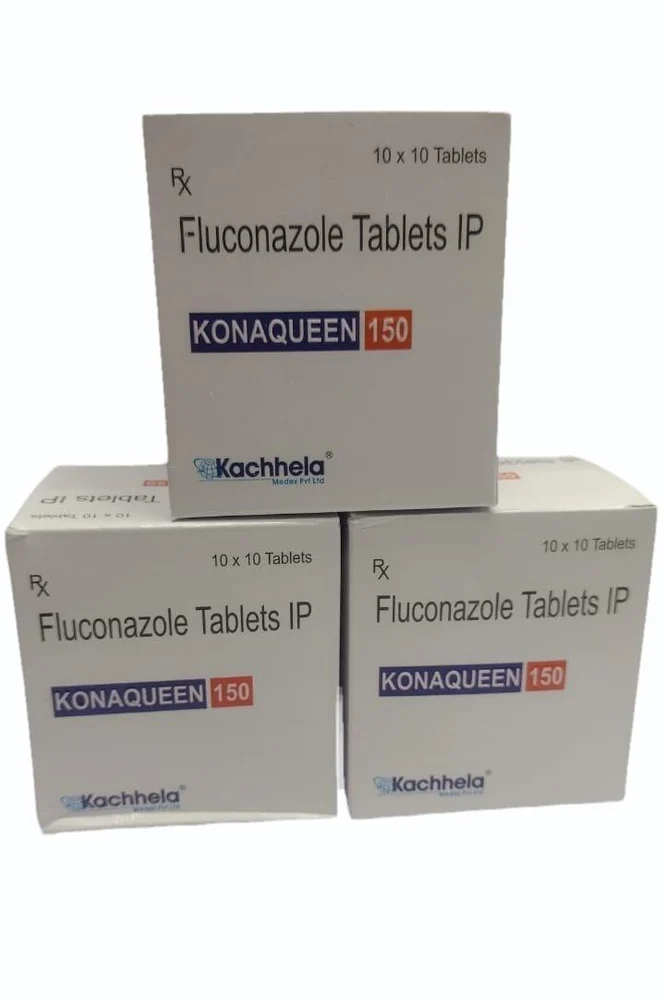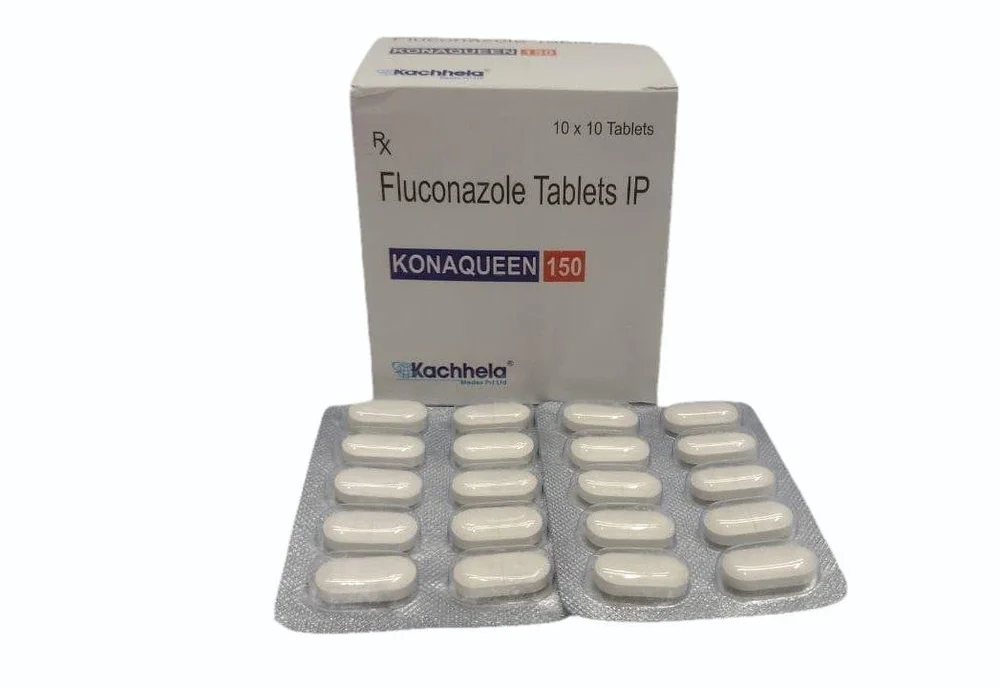KONAQUEEN 150
| Package | Per tablet | Savings | Price |
|---|---|---|---|
| 180 tablets | $0.44 | $25.04 | $104.04 $79 |
| 150 tablets | $0.45 | $18.7 | $86.7 $68 |
| 120 tablets | $0.46 | $14.36 | $69.36 $55 |
| 90 tablets | $0.49 | $8.02 | $52.02 $44 |
| 60 tablets | $0.52 | $3.68 | $34.68 $31 |
| 30 tablets | $0.6 | – | $17.34 |
What is this medicine?
KONAQUEEN 150 mg contains Quinine sulfate, which is an antimalarial medicine. It is primarily used to treat uncomplicated malaria caused by Plasmodium falciparum when other antimalarial drugs are not effective. It may also be used for nighttime leg cramps in some cases, though this use is less common and controversial due to safety concerns.
What should I tell my health care provider before I take this medicine?
They need to know if you have any of these conditions:
-
heart rhythm problems (including QT prolongation)
-
glucose-6-phosphate dehydrogenase (G6PD) deficiency
-
myasthenia gravis
-
history of blackwater fever or hemolytic anemia
-
kidney or liver disease
-
optic neuritis or other vision problems
-
tinnitus (ringing in the ears) or hearing loss
-
low blood sugar or diabetes
-
an unusual or allergic reaction to quinine, quinidine, mefloquine, other antimalarials, foods, dyes, or preservatives
-
pregnant or trying to get pregnant
-
breast-feeding
How should I use this medicine?
Take this medicine by mouth with a full glass of water. Take it exactly as directed by your doctor, typically every 8 hours for 7 days when used for malaria.
Do not take more often than prescribed. Do not stop taking it early, even if you feel better. Skipping doses or stopping too soon can lead to treatment failure or resistance.
Overdosage: If you think you have taken too much of this medicine, contact a poison control center or emergency room at once.
What if I miss a dose?
If you miss a dose, take it as soon as you can. If it is almost time for your next dose, take only that dose. Do not take double or extra doses.
What may interact with this medicine?
-
antacids (may reduce absorption)
-
blood thinners like warfarin
-
digoxin
-
medicines that affect heart rhythm (e.g., amiodarone, sotalol)
-
antidepressants such as amitriptyline, fluoxetine
-
antiepileptics like carbamazepine or phenytoin
-
moxifloxacin or other fluoroquinolone antibiotics
-
rifampicin
-
other antimalarial drugs (chloroquine, mefloquine)
This list may not describe all possible interactions. Give your health care provider a list of all the medicines, herbs, non-prescription drugs, or dietary supplements you use. Also tell them if you smoke, drink alcohol, or use illegal drugs. Some items may interact with your medicine.
What should I watch for while using this medicine?
Visit your doctor or health care professional for regular checkups. You may need blood tests or eye exams while taking this medication.
Inform your doctor immediately if you experience vision changes, hearing problems, or signs of low blood sugar (e.g., confusion, dizziness, sweating).
Avoid activities that require alertness (e.g., driving or operating heavy machinery) until you know how this medicine affects you. Alcohol may increase dizziness or the risk of low blood sugar and should be avoided.
Take precautions to prevent mosquito bites during malaria treatment to avoid reinfection.
What side effects may I notice from this medicine?
Side effects that you should report to your doctor or health care professional as soon as possible:
-
allergic reactions like rash, itching, swelling of the face/lips/tongue/throat
-
blurred vision or visual disturbances
-
difficulty hearing or ringing in the ears (tinnitus)
-
chest pain or irregular heartbeat
-
confusion or hallucinations
-
signs of low blood sugar (shakiness, sweating, fast heartbeat)
-
severe abdominal pain
-
muscle weakness or fatigue
-
bleeding or bruising easily
Side effects that usually do not require medical attention (report to your doctor if they persist or become bothersome):
-
nausea or vomiting
-
dizziness or lightheadedness
-
diarrhea
-
headache
-
mild stomach upset
This list may not describe all possible side effects.
Where should I keep my medicine?
Keep out of the reach of children.
Store at room temperature between 20 and 25 degrees C (68 and 77 degrees F). Protect from moisture and light. Keep the container tightly closed.
Throw away any unused medicine after the expiration date.



